Description
Explore the possibilities of life beyond Earth with this course on astrobiology. You’ll learn about the conditions necessary for life, extremophiles on Earth, and potential habitats for life in our solar system and beyond. The course covers planetary science, the search for extraterrestrial intelligence (SETI), and the tools scientists use to detect biosignatures on other planets. Discover what makes Earth unique, the role of water in sustaining life, and the latest research on exoplanets in the habitable zone. By the end, you’ll gain an understanding of the science behind the search for life and the exciting prospects of future space missions. This course is perfect for anyone fascinated by the possibility of life beyond Earth.
What you'll learn
What You Will Learn:
By the end of this course, students will:
- Understand the fundamentals of astrobiology: The interdisciplinary nature of the field, combining biology, chemistry, physics, and astronomy.
- Learn about the origins of life: Theories on how life may have begun on Earth and the conditions that make life possible.
- Explore extreme environments on Earth: Study of life in extreme environments as analogs for life on other planets.
- Study the search for extraterrestrial life: How scientists are looking for signs of life on planets and moons beyond Earth (including Mars, Europa, and exoplanets).
- Understand the conditions for habitability: What makes a planet or moon suitable for life, and how we assess habitability in the universe.
- Investigate biosignatures and techniques for detecting life: How to recognize signs of life, from chemical biomarkers to remote sensing methods.
- Explore the implications of discovering extraterrestrial life: The philosophical, ethical, and societal questions that arise from the possibility of life beyond Earth.
- Apply astrobiological concepts to space exploration: How astrobiology informs the design of space missions and future exploration of planets and moons in our solar system and beyond.
Syllabus
Course Syllabus:
Week 1: Introduction to Astrobiology
- What is Astrobiology?: Defining the field and its interdisciplinary nature.
- The Science of Life: Key principles of biology, chemistry, and physics relevant to astrobiology.
- History of Astrobiology: A brief history of the field, from early philosophical ideas about life beyond Earth to modern scientific exploration.
- The Origins of Life on Earth: Overview of the theories of how life may have originated on Earth (e.g., abiogenesis, the primordial soup theory, and hydrothermal vent hypotheses).
- Key Questions in Astrobiology: What makes life possible? Can life exist elsewhere in the universe?
Week 2: The Chemistry of Life
- What Is Life?: Understanding the chemical building blocks of life (e.g., amino acids, nucleic acids, lipids).
- Carbon-Based Life: Why carbon is essential for life as we know it and the potential for alternative biochemistries.
- Water and Life: The role of water as a solvent and medium for life, and its importance in biological processes.
- Organic Molecules in Space: How molecules necessary for life have been found in space, from interstellar clouds to comets and asteroids.
- Astrobiology Lab: Exploring laboratory experiments that simulate the conditions of early Earth to investigate the origins of life.
Week 3: The Habitable Zone and Planetary Conditions
- What is the Habitable Zone?: The “Goldilocks Zone”—where conditions are just right for liquid water to exist.
- Planetary Conditions for Life: Analyzing key factors for habitability: atmosphere, temperature, water, and chemical composition.
- Exoplanets and Habitability: How astronomers discover exoplanets and determine whether they may have conditions suitable for life.
- Moons of Our Solar System: Investigating moons like Europa, Enceladus, and Titan, which may harbor subsurface oceans and the potential for life.
- Practical Activity: Using online tools to identify exoplanets in the habitable zone using data from missions like Kepler and TESS.
Week 4: Life in Extreme Environments on Earth
- Extreme Environments: Study of life in extreme conditions on Earth, such as hydrothermal vents, acidic lakes, deep-sea environments, and Antarctica’s dry valleys.
- Extremophiles: Microorganisms that thrive in extreme environments, offering clues about the types of life that might exist on other planets.
- Analogous Environments for Extraterrestrial Life: How scientists use Earth’s extreme environments as analogs for conditions on other planets and moons.
- Astrobiological Fieldwork: Techniques and tools used by scientists to study extreme environments on Earth, and what they teach us about the search for extraterrestrial life.
- Practical Activity: Virtual tour of an extreme environment on Earth, such as a volcanic field or ice cave, to learn how life survives in extreme conditions.
Week 5: Searching for Life in Our Solar System
- Mars Exploration: Evidence for past liquid water on Mars, the search for microbial life, and recent missions like Perseverance and Curiosity.
- Europa and Enceladus: Exploration of moons with subsurface oceans—how missions to these moons could uncover signs of life.
- Titan: The role of Titan in astrobiology—its methane lakes and possible prebiotic chemistry.
- Venus and the Search for Life: The recent discoveries of potential biosignatures in Venus’ clouds and the challenges of exploring Venus.
- Methods of Exploration: How space probes and rovers collect data to search for life on other planets and moons.
- Practical Activity: Research current or upcoming missions to Mars, Europa, or Titan, and discuss the potential for finding life there.
Week 6: Exoplanets and the Search for Life Beyond the Solar System
- What Are Exoplanets?: How scientists discover planets orbiting other stars and classify them based on size, temperature, and composition.
- The Search for Earth-Like Planets: Methods used to identify planets in the habitable zone of other stars, using tools like the Kepler Space Telescope and the James Webb Space Telescope.
- Biosignatures and Technosignatures: The types of signs that might indicate the presence of life, from atmospheric gases like oxygen and methane to artificial signals like radio waves.
- SETI: The Search for Extraterrestrial Intelligence: The history and methods of searching for extraterrestrial civilizations.
- Practical Activity: Analyze real exoplanet data and discuss the likelihood of finding life in the habitable zone of another star.
Week 7: The Ethics and Implications of Discovering Extraterrestrial Life
- Philosophical and Ethical Questions: What are the implications of discovering extraterrestrial life for humanity? What ethical concerns arise from contacting extraterrestrial civilizations?
- Astrobiology and Religion: How the discovery of extraterrestrial life might affect religious and cultural beliefs.
- The Future of Space Exploration: How the discovery of life could shape the future of space exploration and our understanding of our place in the universe.
- Preparing for Discovery: How scientists, governments, and society are preparing for the potential discovery of life elsewhere.
- Practical Activity: Participate in a debate or discussion on the ethical considerations of sending signals to space or contacting alien civilizations.
Week 8: The Future of Astrobiology and Final Project
- Future Directions in Astrobiology: Emerging technologies, such as biosignature detection and the search for life on exoplanets, that will shape the future of astrobiology.
- Interdisciplinary Collaboration: How biologists, chemists, physicists, and astronomers work together to advance the study of life in the universe.
- Career Opportunities in Astrobiology: Pathways to working in astrobiology, including academia, research institutes, space agencies (NASA, ESA), and private space companies.
- Final Project: Students will submit a final project where they explore a specific astrobiological question, analyze a recent discovery, or propose a mission to search for extraterrestrial life.
- Course Reflection and Wrap-Up: Recap of key concepts and the future potential of astrobiology in understanding life beyond Earth.

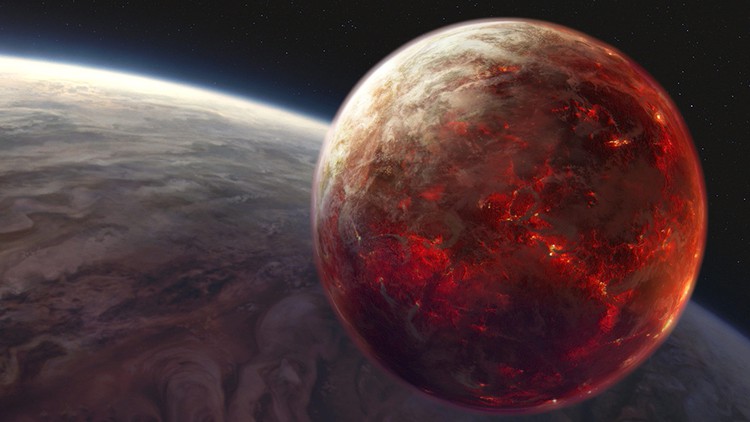
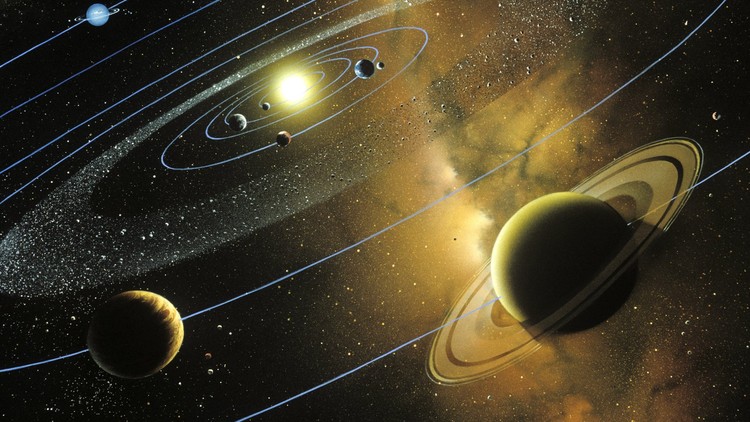
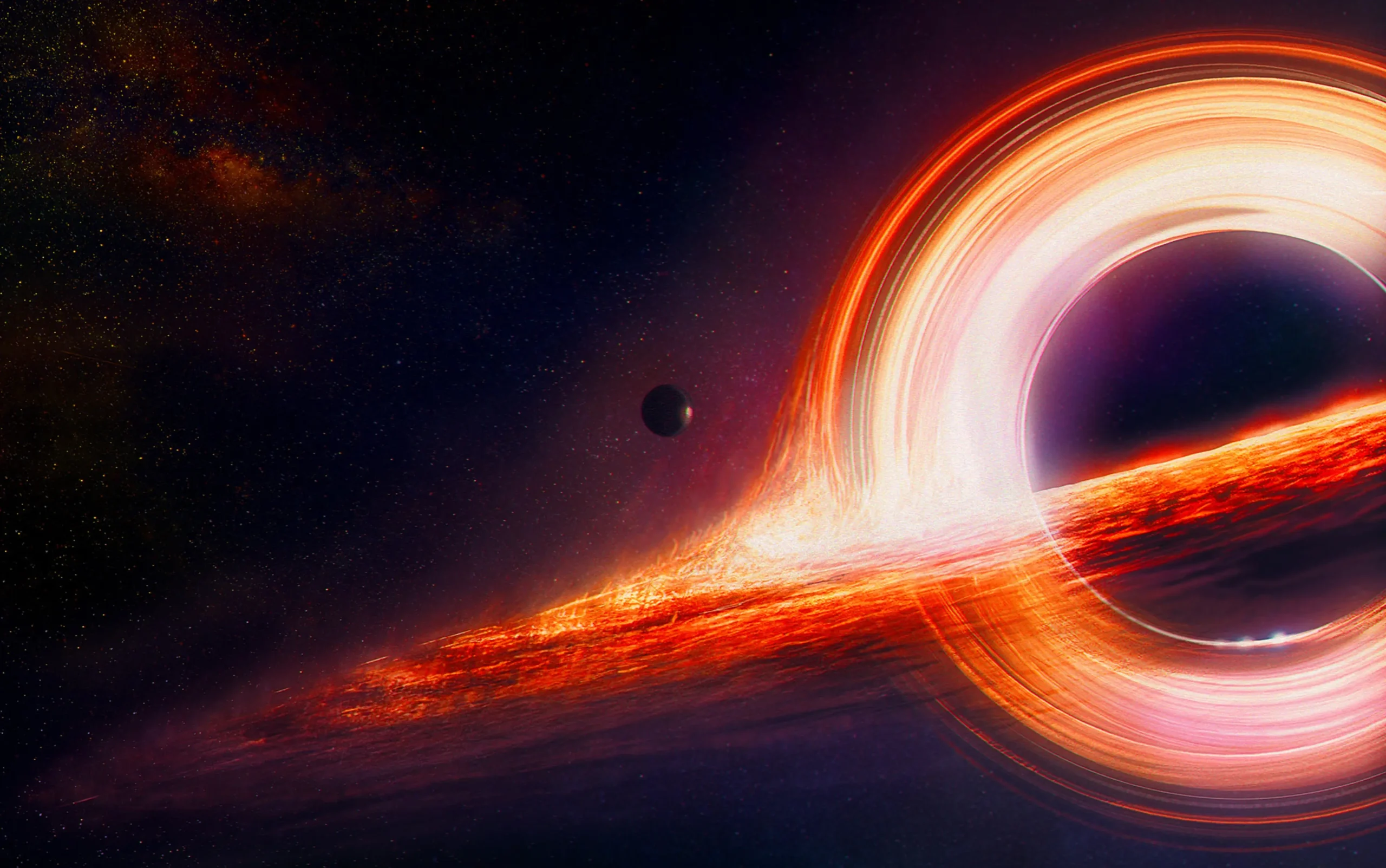
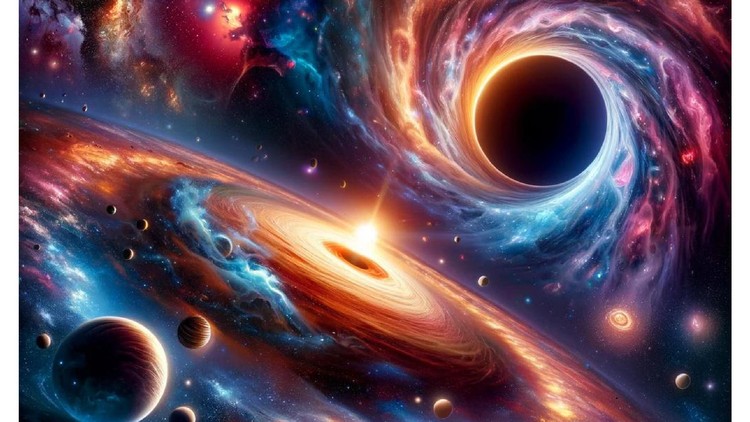
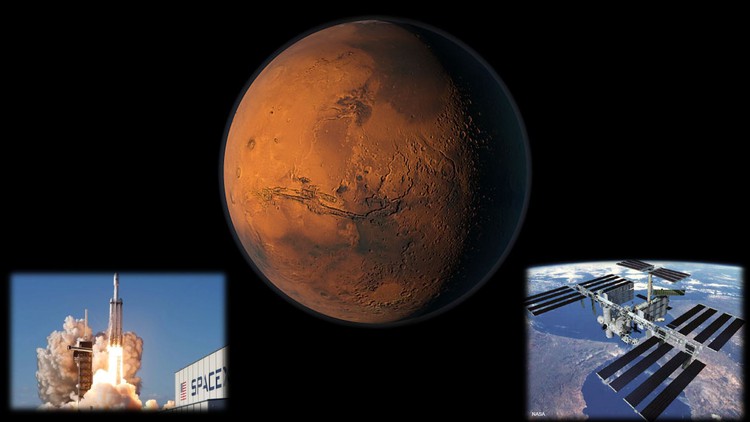
Sylvanus –
“This online course on Introduction to Astrobiology was an incredible journey into the fascinating realm of extraterrestrial life. The instructors were knowledgeable experts who presented the information in a clear and engaging manner. The course covered a wide range of topics, from the history of astrobiology to the search for life beyond Earth. The interactive exercises and discussion forums fostered a collaborative and thought-provoking learning environment. I highly recommend this course to anyone interested in exploring the mysteries of the universe and the potential for life beyond our planet.”
Umaru –
“The ‘Introduction to Astrobiology’ course was an enlightening journey into the intersection of astronomy and biology. The well-structured modules and engaging videos made complex concepts accessible. I was particularly impressed by the guest lectures from renowned astrobiologists, who shared their insights and cutting-edge research. The assignments and discussions fostered critical thinking and encouraged collaboration among participants. The course ignited my fascination with the search for life beyond Earth and provided a solid foundation for further exploration in this field.”
Omowunmi –
“This online course has exceeded my expectations! The instructor’s expertise and passion for astrobiology are evident in every lesson. The comprehensive curriculum covers a wide range of topics, from the origins of life to the search for extraterrestrial intelligence. The interactive discussions and assignments foster a collaborative learning environment. I highly recommend this course to anyone interested in exploring the fascinating field of astrobiology.”
Modinat –
“I highly recommend this Introduction to Astrobiology course for anyone interested in exploring the search for life beyond Earth. The content was comprehensive yet easily understandable, providing a solid foundation in the field. The interactive simulations and case studies kept me engaged and allowed me to apply the theories I learned. By the end of the course, I had a deep appreciation for the profound implications of astrobiology and the potential discoveries that lie ahead in our quest to comprehend life’s origins and existence in the vast universe.”